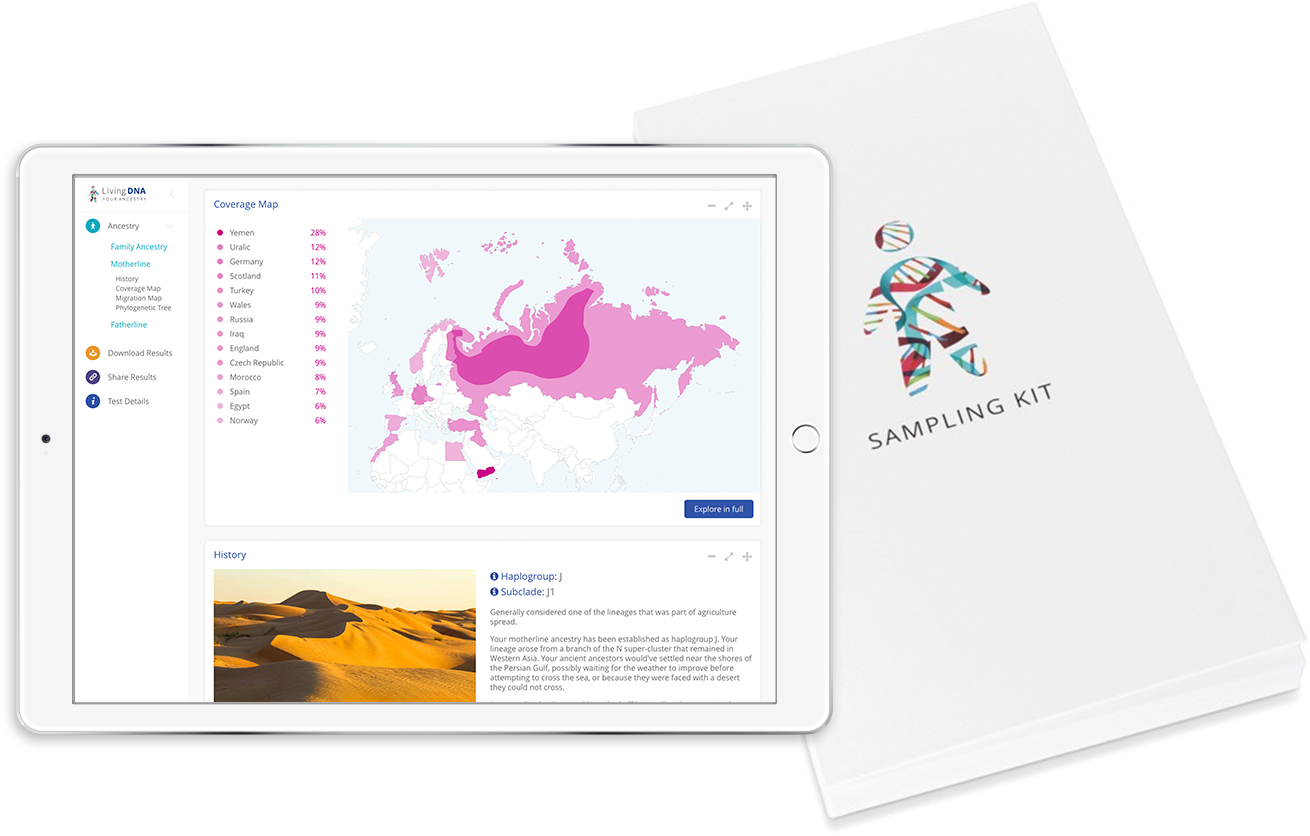It is important to have no shame about the use of drugs.
Drugs allow you to “numb out” of what is going on in life and they are effective at that. However the consequences are long lasting and they don’t get to heal the real issue.
Rather than focusing solely on giving up drugs, something that is known to cause harm, perhaps start by exploring what are the real reasons why you are using drugs? By getting support and help and being open to feel the hurt that is driving the drug use you can turn what seems impossible into something quite possible.
Ask for help?
A good place to visit is your GP, they will be able to discuss your concerns, assess your situation and provide useful information and advice.
If you're not comfortable with talking about your issues with a GP, another option is to visit your local drug treatment centre. They interact with drug users that are in recovery on a daily basis and may be able to provide the best help and advice.
If you're unable to visit a GP or a drug treatment centre or don't want to visit someone in person at this time to discuss your condition, then there are useful drug help-lines. You will be able to talk to an advisor over the phone, they will be able to give useful advice on your next steps on the road to recovery.
You don’t need to do it alone
If possible and depending on the specific details, getting treatment in a controlled environment is the best option, where medical professionals will be on standby, if needed. Detoxing alone could increase the chances of relapsing when the symptoms get too tough.
Detoxing with support on hand will make it more likely that the drug user will make it through the detoxing process safely. An eight year research study on 1,200 addicts was able to conclude the following about drug addiction
- One third of people that remain abstinent for less than a year remained abstinent.
- For people that achieved a one year duration of abstinence, less than 50% of the addicts drug tested relapsed
- People that made it to a five year milestone of sobriety, had less than a 15% chance of relapse
What the study shows is that detoxing can’t help get to the root issue of why you turned to drugs. It’s possible that the primary reason individuals “relapse” is due to the fact that they have not healed what the cause of the drug use is. By working together with the drug treatment centres, getting true support and being honest about what is going on will provide a platform to move forward with.
How quickly can you come off drugs?
This will depend on the addiction level of the person and the nature of the drug itself. Some users will stop using drugs completely, but will have psychological cravings. This will make the user much more likely to relapse and use the drug again, due to these cravings.
Others will need a detailed programme to overcome the addiction, the biggest factor will rest on on how dependant you have become on the drug and its current role in your life.
The more open you are to feel what is going on and what has driven you to use the drug combined with seeking true support to help you heal - the faster the process. The timeframe should never be the aim over getting to the real issue behind the drug use.
Perhaps the real success is not to become an ex-addict or recovered drug user but an individual who can’t comprehend using drugs again as there is no draw.
How to test for drug abuse
The most accurate way to establish the abuse of drugs is through hair drug testing. A simple and easy process whereby an expert will collect between 2 and 4 samples from the crown of the head, the amount taken will depend on the number of tests required.
The hair drug test will look for drug metabolites, this is part of the drug that are produced by the body when the drug has been consumed by the user. This is found in the shaft of the hair follicle. Using this method of hair drug testing, you can establish the level of drug abuse for up to a maximum of one year.
The samples will be evaluated by a world leading expert, the Head of Toxicology, Dr Pascal Kintz. He will give his expert opinion and analysis on why the results have been produced, to give extra clarity to the situation.



.jpg)

.jpg)


